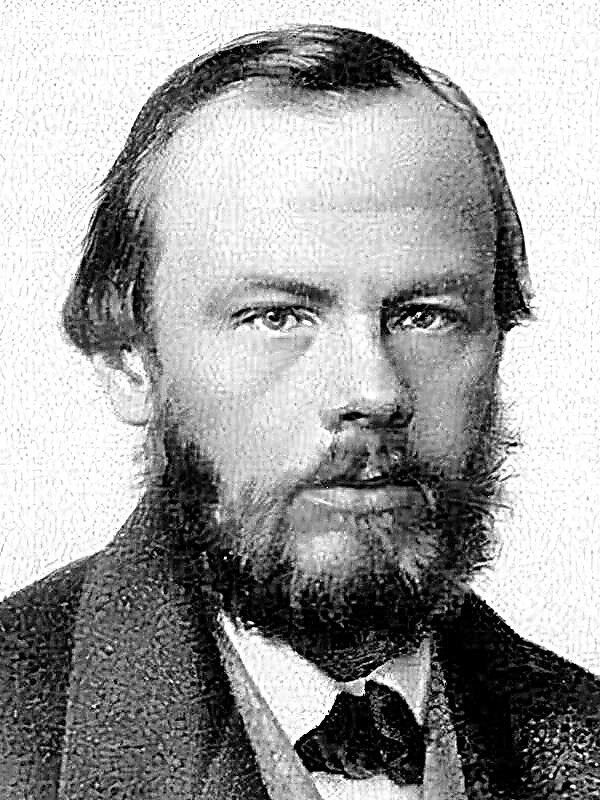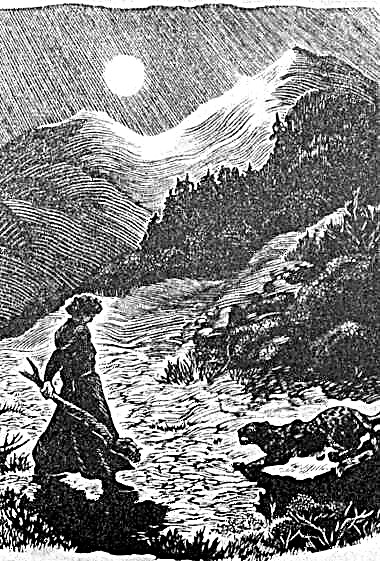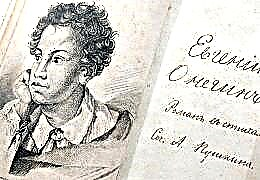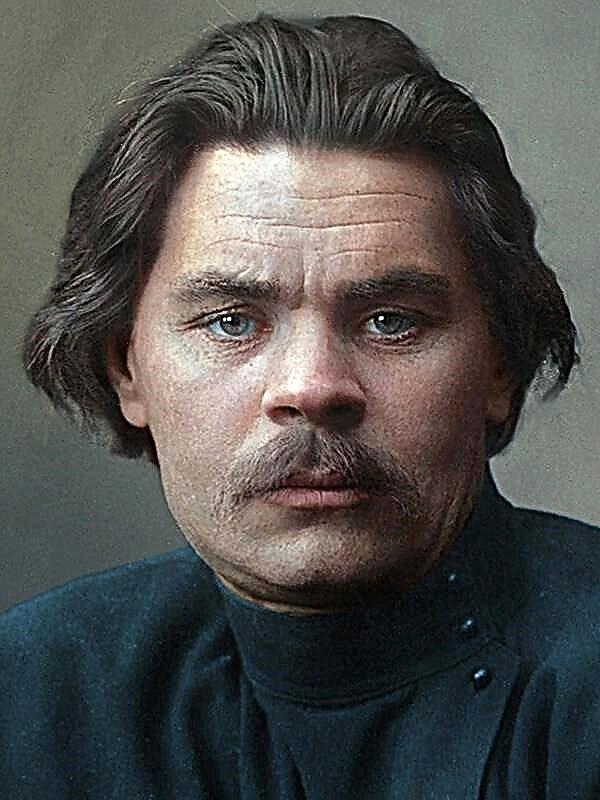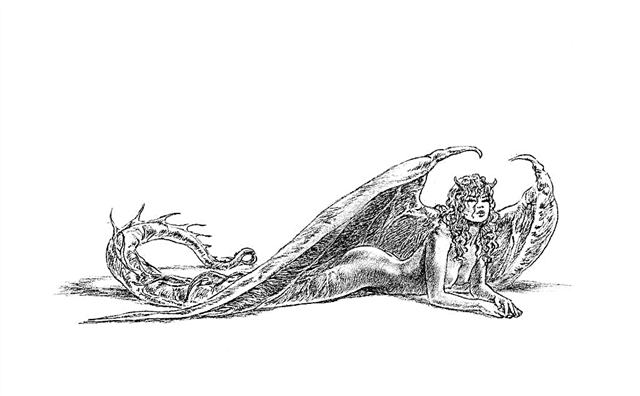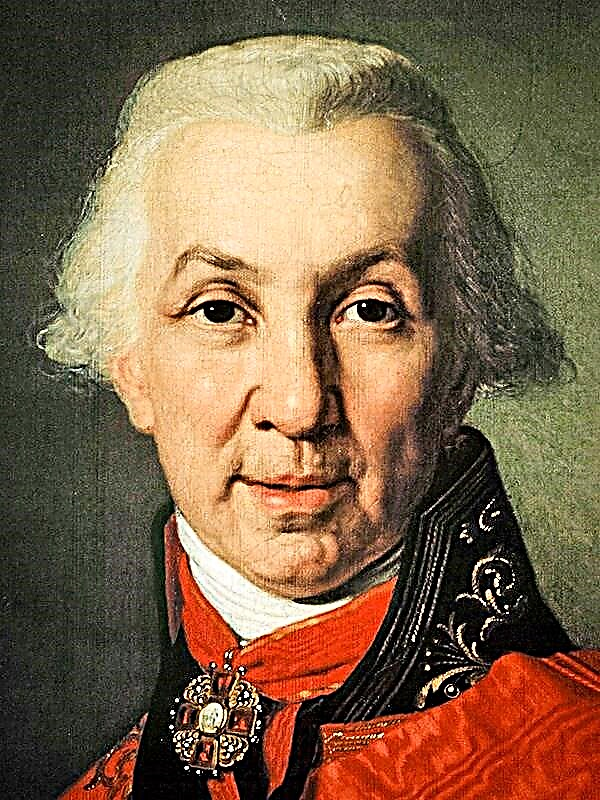Share
Pin
Tweet
Send
Share
Send
Of the huge number of texts to prepare for the exam in the Russian language, we identified those problems regarding self-sacrifice that are most common. To them we selected arguments from the literature. All of them are available for download in the form of a table (link at the end of the article).
Self-sacrifice in war
- A.T. Twardowski "Vasily Terkin."A. T. Twardowski in his famous poem "Vasily Terkin" was able to show the strength of the character of the Russian man and his dedication. Legends can be made about the fate of a simple soldier. The hero, of course, perceives the war with bitterness, but knows that he must do everything in his power to help people who find themselves in difficult conditions. He always tried to joke with his comrades and tell them something interesting so that they would not have time to think about what awaited them ahead. He is without any doubt ready to help anyone, this is his duty. For example, in the “Crossing” chapter, he crosses an ice river in order to convey important information to his superiors and help his comrades remaining on that bank. And most importantly, for his dedication, he does not require awards or titles, a glass of a strong drink can already make him a little happier. It is important to understand here that there were thousands of people like Turkin during the war, in each company there was one brave fighter who was ready to sacrifice himself for victory and happiness for the next generation.
- B.L. Vasiliev "And the dawns here are quiet."The horror of war could not pass anyone by. Every family is faced with losses, grief, and daily fear. B. Vasiliev tells us the stories of girls who decided to go to the front, and each of them had a good reason for such a decision. Few people are accustomed to associate war with women, and this awareness does not become easier. Five young girls fought bravely against the hated enemy, were ready to do anything to fulfill the commander's instructions. Even when, in front of their eyes, they began, one after the other, to die friends, they did not give up, only more eager to win. There was too much grief and tears in their lives, but this only strengthened the spirit, prevented the weakness from escaping. Each of them accomplished a feat and gave their lives for their homeland, not at all doubting the correctness of their actions.
- L.N. Tolstoy "War and Peace."In the novel War and Peace, there are descriptions of many characters, and they all behave differently at the time the war against Napoleon began. But I would like to focus on the personality of Captain Tushin, who initially does not make a positive impression on the reader. L. Tolstoy wants to show this man from a completely different angle. The battle scene in which Tushin’s battery takes part is impressive to the core. No one could have thought that a man who appears before the commander in chief without boots could commit a heroic deed. Tushin’s courage manifests itself at a critical moment, when he, sparing no strength, repelled enemy attacks. And when you read about such selfless deeds, you begin to understand the whole essence of the word "self-sacrifice."
Love sacrifice
- W. Shakespeare "Romeo and Juliet."The most famous tragedy of love tells the story of two young people who were willing to sacrifice everything for the feelings they had for each other. Historically, their families had to compete with each other, but this could not become an obstacle to the birth of love between Romeo and Juliet. They had too little time, but still the love that flared up so quickly was pure and true. And Shakespeare eloquently indicates how true these words are, because the heroes sacrifice their lives for the sake of feeling.
- A.I. Kuprin "Garnet bracelet".This is the story of A.I. Kuprin, which reveals the idea of what a person is capable of for the sake of love. The image of Zheltkov makes the reader understand that deep feelings can be high and noble. The hero devotes his whole life to only one woman, who does not dare to forget or betray. He does not demand anything from the princess in return, he just loves selflessly. Yolks are able to experience a sense of happiness from seemingly very insignificant things. He makes a present to his beloved, knowing that he can never be near her. His whole life is shrouded in tender feelings for this woman, which can only be stopped by death. After an explanation with Vera’s husband, Zheltkov sees only one, but very sad, way out, since he does not want to bring unhappiness to her life.
- Homer Odyssey.Ancient Greek myths are full of stories of exploits, but is there a place for love? Homer's Odyssey tells of the adventures of a Trojan war hero. Odysseus wandered around the seas for many years, defeated monsters and couldn’t find his way home, as he was cursed. Why did he suffer all these hardships when he had a chance to settle on the island with the goddess Calypso and end his life in eternal tranquility? Odysseus did so much precisely for the love of his wife - Penelope. He tried at all costs to find his way home, because he knew that she had not forgotten and was patiently waiting for his return. For his sake, she also suffered the constant attacks of hated grooms and tried to do everything possible to wait for her beloved husband. Even when everyone around him ceased to believe that he was still alive, she continued to keep hope in her heart.
Slave Sacrifice
- N.V. Gogol "The Overcoat".N.V. Gogol was one of the first writers who drew attention to the figure of a small man. Of course, the main character of the story "The Overcoat" Akaki Akakievich Bashmachkin evokes a feeling of pity among the reader. But do not forget that he alone is to blame for his own situation. All his life he was accustomed to curry favor with everyone he considered above himself, and this leads him to the realization of his own insignificance. He eke out his miserable existence, focuses on absolutely petty events. The habit of belittling oneself in front of the others makes him a slave to his own life, which leads him to such a sad outcome.
- A.P. Chekhov "Chameleon".The main character of the story A.P. Chekhov's "Chameleon" is another example of a stupid and comical self-sacrifice. Overseer Ochumelov is so keen to show everyone his respect for the general that he completely forgets how he looks in the eyes of other people. Sacrificing his own honor and dignity, he is ready to lick the higher ranks despite the fact that this will not bring him obvious benefits. Chekhov is trying to show in what disadvantageous “color” a person looks who does not have his own position and is ready to adapt to everyone in order to make a good impression.
Profession-related Sacrifice
- M.A. Bulgakov "Notes of a young doctor."In the work of M.Yu. Bulgakov's "Notes of a Young Doctor" before us reveals the image of a young doctor who has just finished his studies and goes to practice in some village forgotten by God. He finds himself in conditions that do not particularly correspond to those to which he managed to get used to while in the city, in a civilized hospital. But, despite the surrounding poverty, the young man involuntarily penetrates his every patient and puts all his knowledge and professionalism into the treatment process. Being in difficult situations, he miraculously finds answers, admiring everyone else with his abilities. This is precisely what his sacrifice is all about; the young doctor tried at all costs to save every patient who came to him for help.
- I.S. Turgenev "Fathers and Sons".The image of Evgeny Bazarov in the novel by I.S. Turgenev's “Fathers and Sons” has always delighted readers. But there was such a feature in this young hero that stood out most of all. He was extremely inquisitive and hardworking. Bazarov every day tried to devote time to learning something new and improving already acquired skills. He saw his life in constant development and enlightenment. His confidence that only hard and hard work can save a society mired in sins was not in vain. And the moment when Eugene accidentally injures himself during work is also indicative. In fact, he is dying of the desire to become a good doctor and help people, that is, he sacrifices himself for the sake of the beloved work of his life.
Sacrifice for the sake of people
- Aeschylus “Chained Prometheus”.The myth of Prometheus, which gave fire to mankind, is the most famous example of self-sacrifice. Prometheus wanted people to become something more than just ordinary savages who live in fear of the gods. He saw in them great potential and opportunities, which they themselves could not have guessed. Therefore, he gives them fire, and later shows how to get it yourself. He also decided to train people in counting and reading, the art of taming animals and seafaring skills. Prometheus knew that Zeus would punish him for rebellious behavior, but he intentionally sacrificed himself to give humanity the opportunity to live differently.
- W. Shakespeare "Hamlet."In William Shakespeare’s tragedy Hamlet, the protagonist, the Danish prince, is faced with terrible events. His father dies, and later appears in the form of spirit and asks for revenge on those who are guilty of his death. Hamlet is confused and most of the work is trying to understand what exactly is happening in his life, and how not to lose his mind. He observes those who surrounded his entire conscious life, and sees in what a rotten society he existed, not noticing such an obvious vice. Hamlet thinks through a series of actions to discover the father’s killer, and then decides to take revenge. Despite deep anguish, the prince knows that he must commit this bloody act in order to cleanse the Danish kingdom from all the nasty people who brought so much grief to his family.
- In the story of A. Solzhenitsyn “Matrenin Dvor” the heroine sacrificed her interests all her life for the prosperity of the people around her. In her youth, she married not out of love, but to help the family of her missing fiancé. She became the wife of his younger brother, Yefim. Then she gave all her best years to selfless work for the benefit of newly made relatives and the local collective farm. Then, having lost her children, she took up the daughter of a returning Thaddeus, who hated her for her imaginary betrayal. At the end of her life's journey, a kind woman decided to sacrifice a house, giving her best part to Kira. Dragging the chamber up over the rails, she met her death. Alas, no one remembered and appreciated her everyday disinterested works in the name of her neighbors, because at the funeral her relatives and friends only shared a meager inheritance, not grieving for the loss. However, it was this man who always helped them at the cost of self-sacrifice.
Share
Pin
Tweet
Send
Share
Send

